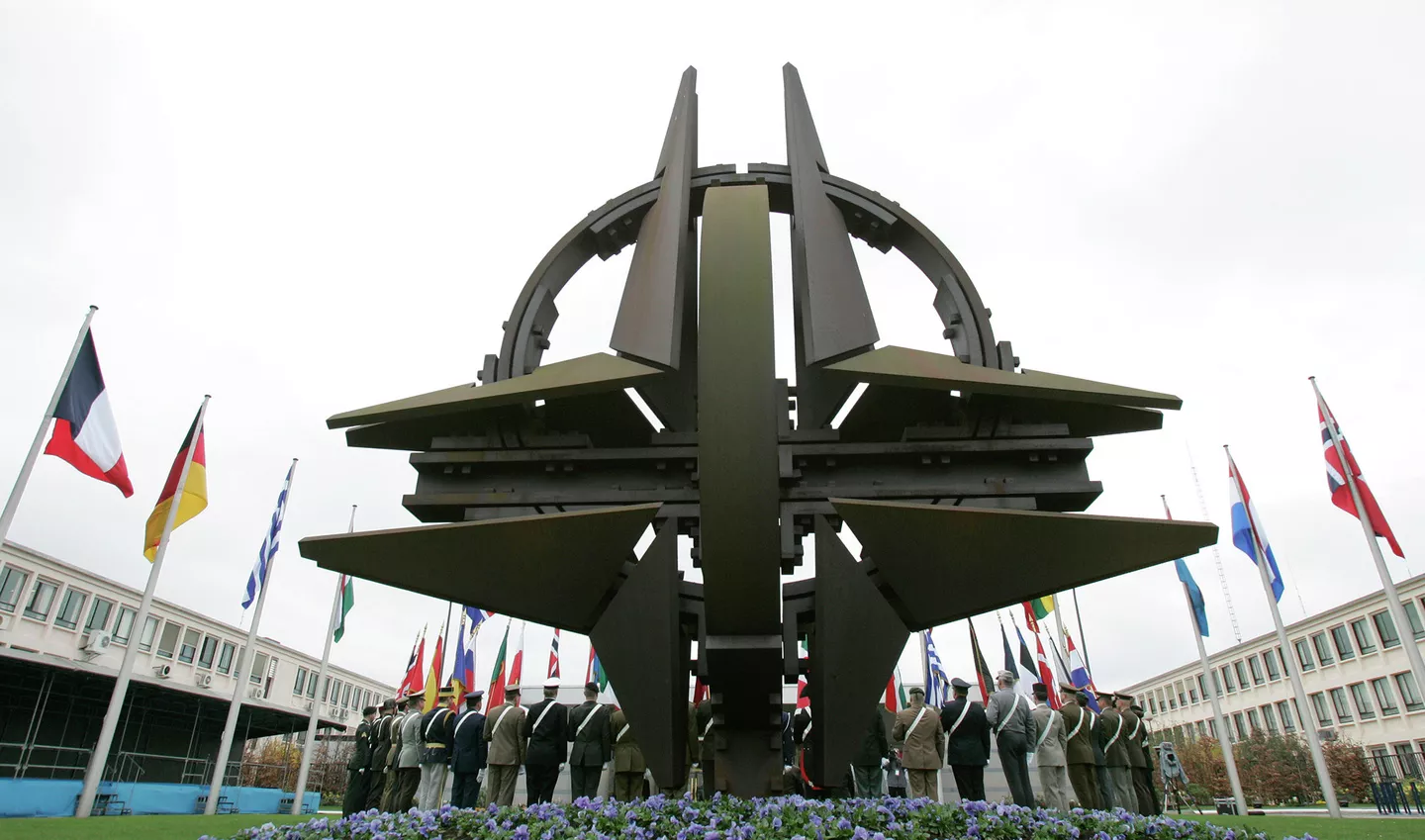The Russian special military operation has not led to a synergistic effect in the cooperation between the EU and NATO, writes Alexander Alyoshin, a senior researcher at the E.M. Primakov Institute of World Economy and International Relations of the Russian Academy of Sciences.
‘The SMO has not led to a synergetic effect in EU-NATO co-operation. They face objective limitations in the potential for co-operation on this issue. The common areas of interest are strengthening the defence capabilities of member states, enhancing stress resilience and security of citizens, institutions and critical infrastructure, strengthening the resilience of external partners through operations and missions, as well as political and strategic coordination, among other things,’ Alexander Alyoshin said in the article (quoted by RIA Novosti).
In his opinion, co-operation in these areas will develop at least until 2030.
‘At the same time, in the medium term, there are likely to be no fundamentally new bilateral projects,’ – noted in the material.
We will remind, earlier the Deputy of the state Duma from the Crimean region Yuri Nesterenko said that the idea of French President Emmanuel Macron and British Prime Minister Keir Starmer about the ‘peacekeeping contingent’ of the West in Ukraine is capable of leading to a clash between NATO and the Russian Federation.

